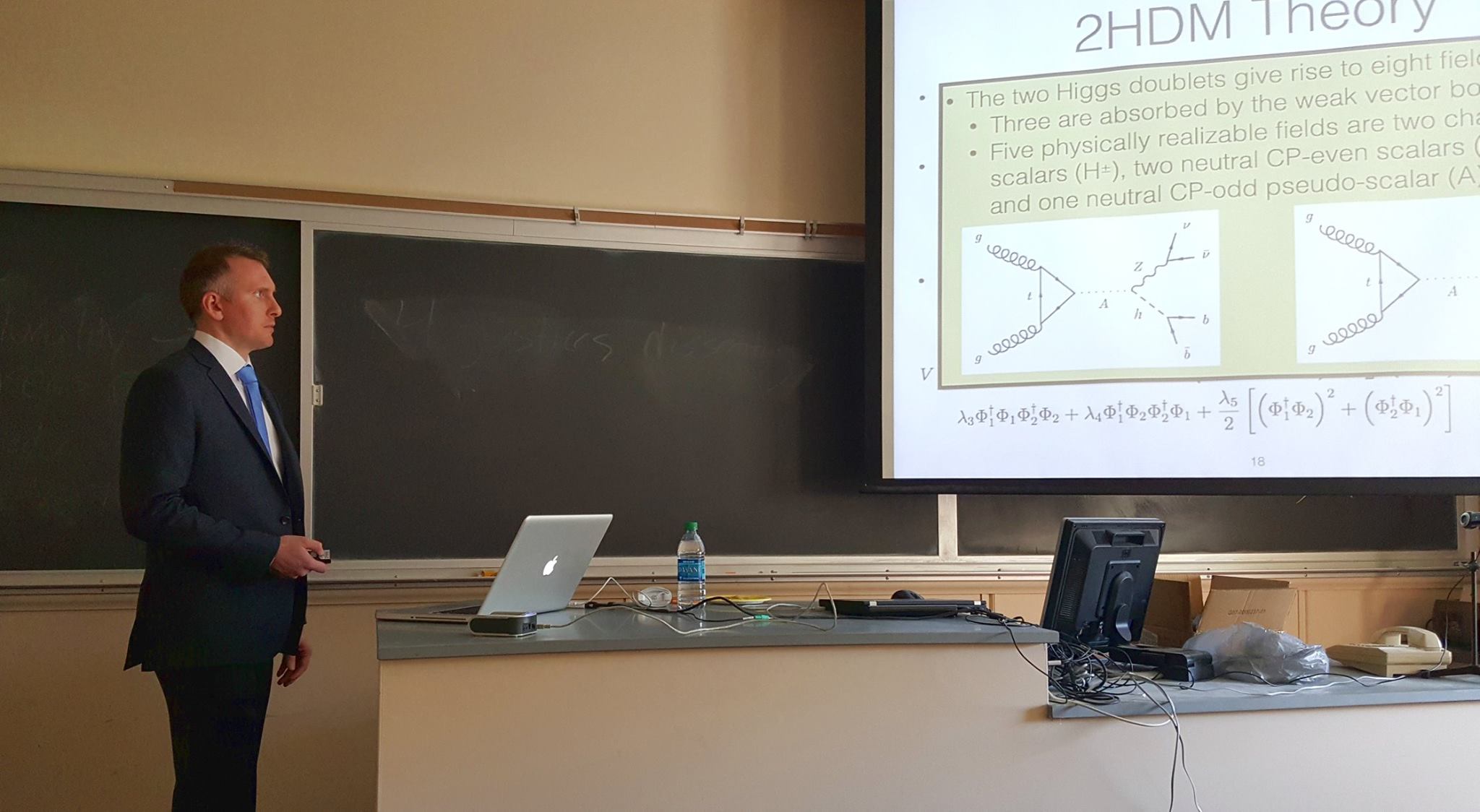When I step outside, it’s 81F and humid. 10am on a Sunday morning in July in Texas is brutal. It doesn’t matter to me. I need some variety in my workout routine, and I need to go outside and run.
I set out west. I avoid people on the narrow sidewalks. The sweat comes faster than normal. When I use my left elbow to press a crosswalk button (always use the left elbow), a streak of sunblock mixed with sweat comes off my arm.
I stick to the shade, where there is any to be found. My run takes me farther west and a little north. I intend to swing south after a mile-and-a-half, through a different subdivision and along a creek. The air is cooler by the creeks, but you have to get there first to enjoy the relief.
I cross the street to avoid walkers. I swing out on the grass to give a runner room to pass on a narrow part of the path.
It’s getting hotter. Even with water, it’s starting to hurt to be outside, in the heat, running.
As I swing east and go under one of the busy roads that cuts through this part of town, I enjoy a brief few seconds of complete shade below the overpass. The creek is running just to my right and down a bank. It’s cool and dark and my mind is wandering.
When I emerge on the other side, I am in a city park and running along the west side of a large field. I scan for people along the path, but there is no one. The path rings the field, and on the other side of the field there are walkers.
Then I hear it. There is music. I catch only a fleeting cluster of notes on the wind. My mind flashes an image, of Alan Alda in a green army medical uniform, casting a mischievous grin. Is that the theme to MASH I hear on the wind?
I strain to listen for more. I catch snatches of the tune. It’s a trumpet. It’s being played live. I look around to see where the music is coming from. I spot a cluster (IT’S A FUCKING PANDEMIC!) of people on the other side of the field. I keep looking. The music is not coming from them.
Then I see it. A person, maybe a male, standing along by the treeline across the meadow. Walkers are on the path, while the trumpeter stands off the pavement on its far side.
I catch more of the tune. It’s definitely the theme to MASH … or, to be more precise, it’s the melody to the song “Suicide is Painless.”
I remember when I first learned this fact – that the almost playful tune that opens and closes every episode of MASH (and appeared first in the movie) is named “Suicide is Painless,” with lyrics to boot. I learned it from Mr. Devlin, one of my high school English teachers. I learned a lot from Mr. Devlin. What I absorbed from his classes is all mixed up with what I picked up in simple casual conversation with him between classes or during study periods or during High School Quiz Bowl practice. He once pointed out that MASH was about survival through humor, adapting to horrible situations (the front lines of the Korean War, in this case) through laughter and distraction. The icing on this cake: the title of the theme song.
It’s the perfect song for this age. We’re in the middle of a pandemic. I’m actively avoiding people other than Jodi. I keep my distance from people to save them from me, and me from them.
But those people in the park are clustering.
We adapt to this new normal by learning to lie to ourselves. We pretend that we can go back to normal, but that’s not true. There is a thin line between everything being okay and everything falling apart. At any moment we can be shelled by the virus. It can rob us of our breath. It can steal our loved ones.
We change our routines. We mourn the life that was. We keep our distance. We crack jokes about the virus, or the pathetic response of the federal or state government. We drink our quarantinis. All of this while a thousand people a day in the U.S. die. In combat, 33,000 Americans died from 1950-1953 during the Korean war – about 30 people each day of the conflict. Since March of this year, 146,000 Americans at minimum have been killed by the virus. The shelling gets closer. The wounded keep coming in.
Nature may have committed an act of murder against humanity by unleashing this virus. But the U.S. political folly that has followed – incompetence nested inside indifference – was an act of suicide. We might laugh and joke through it all, but it’s not funny.
And it’s not painless.



